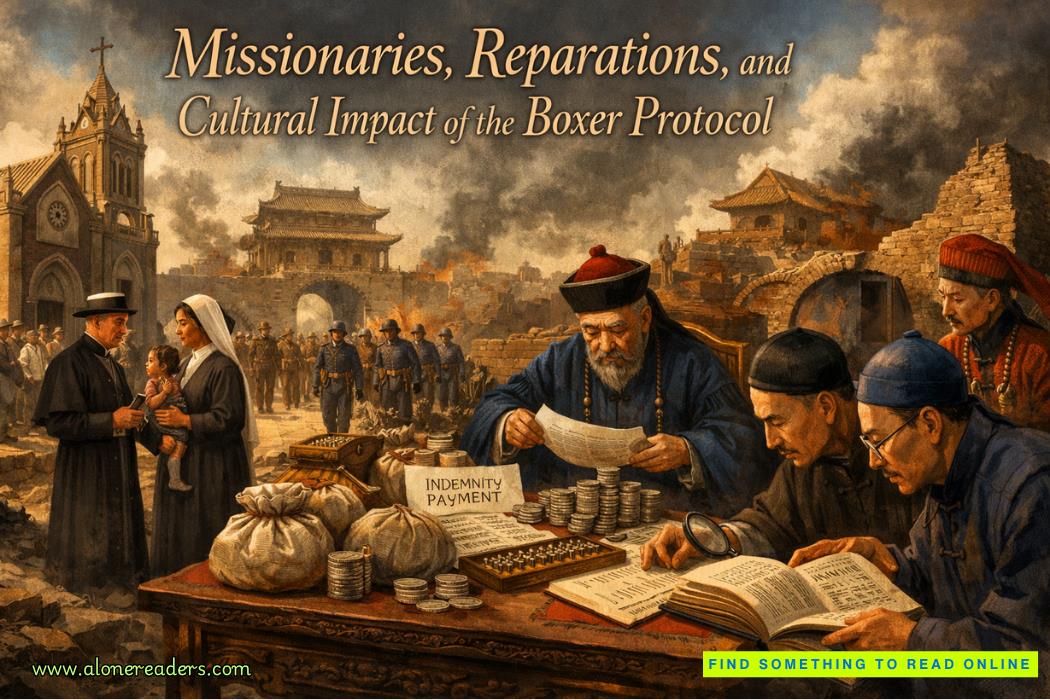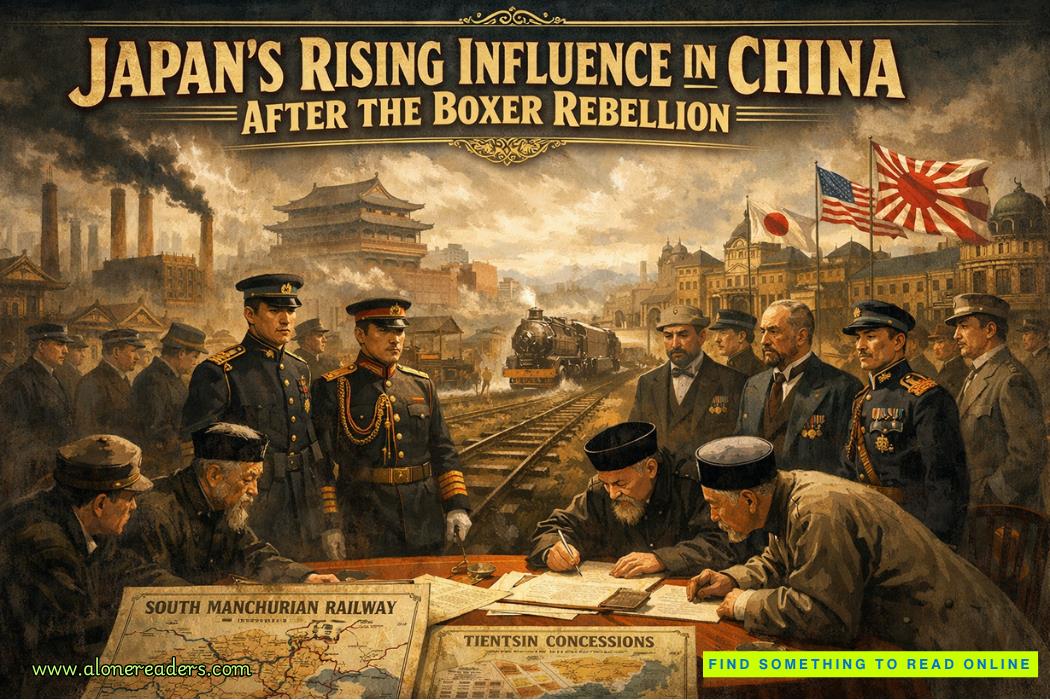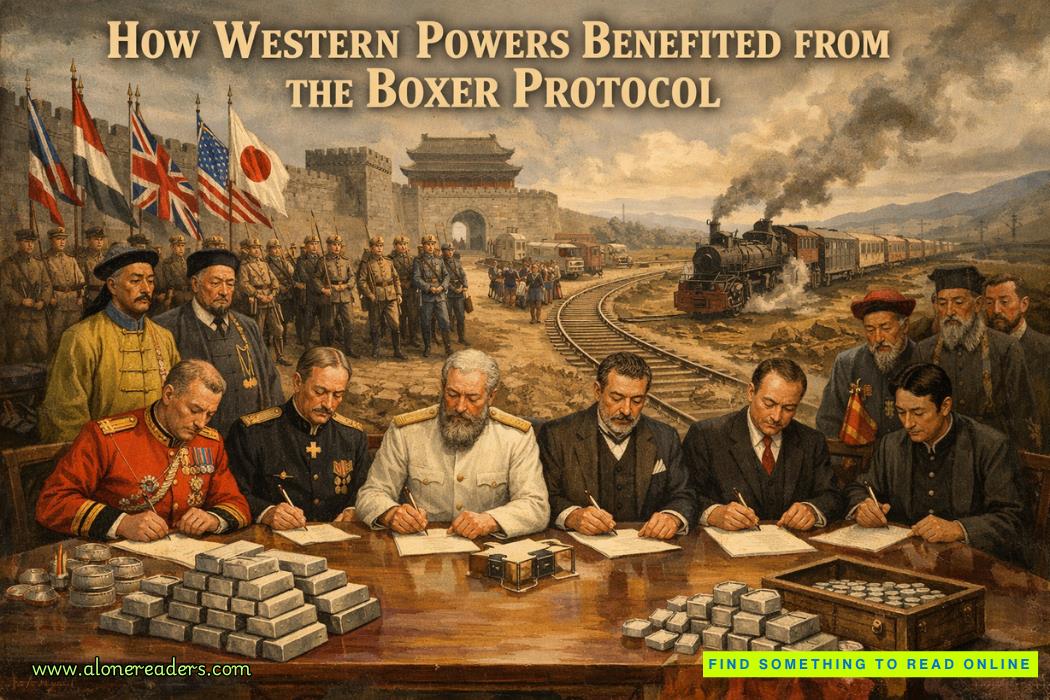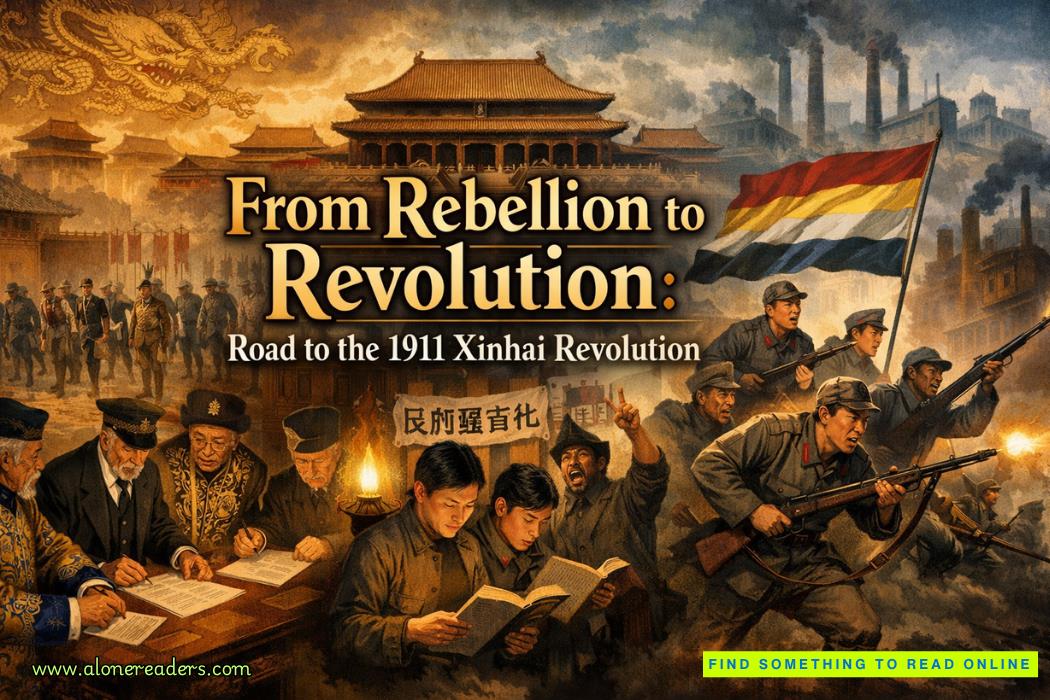ALAWANI
Alawani’s title as the prince of Oru meant nothing, and his people never let him forget it. His sisters bore the same burden, but they seemed to carry it much better than he did. The problem was that Alawani was always made to feel special. His father had married eight wives in search of a son, only for Alawani to be born by the late king’s first wife a few years before his death. His three half-sisters might as well be strangers to him, with how adamantly his mother kept him away from them. For he was different, she’d often reminded him. He was a gift from the gods, destined for greatness, a sun among a sea of stars.
Many first suns ago, the title had meant something; he’d have inherited the crown upon his father’s death. But since the time of the first High Priest, everything had changed. Passing the crown from father to son was too dangerous, creating power struggles within families and hoarding precious agbára within one bloodline. Now, the gods chose. When the king died, a High Priest was chosen to take his throne as Lord Regent. The next king would be the firstborn child of that regent, whose wives were selected from each ring of the kingdom.
For Alawani, this meant any respect he was shown was either to honour his father, the late king, or to acknowledge his wealth. But wealth didn’t mean much in the capital city of Oru, which was full of royals from many bloodlines and merchants with more gold than they knew what to do with. So Alawani often had to resort to the only thing he truly inherited from his father – his agbára.
Only a handful of people in the kingdom were more powerful than he was when wielding agbára: the Lord Regent’s children. And he’d grown up with all of them; one in particular he’d called a friend, brother even. But that was a very long time ago. Now, he had only one friend worthy of the title, and there she was, sneaking into her father’s house, hoping to avoid the confrontation that she’d have to deal with the moment he realized she’d been out of the house and fighting with thugs. Again. He smiled as she waved at him, and he waited until her shadow disappeared from the window, then turned back towards the capital in search of the man who could put a stop to the attacks.
It wasn’t often that he had to wield the power the gods gave him in a way that terrified people, but with a name that meant nothing, a title with no authority, and the life of a commoner, the fear that gripped those who crossed him when he wielded his agbára as the gods intended was enough to give him a sliver of respect. That was how he came to an agreement with the Underlord of the capital city. As he approached Baál-Ikú’s den, swarms of thugs hovered around the entrance, the air filled with the stench of palm wine fermented past the stage where it was sweet.
‘Ahan, ?m?’ba, na you be dat? Wetin bring you come this side?’ a voice called out above the drumming and singing.
Alawani ignored the man but lit his agbára, allowing his power to flow into his hands, getting brighter with each stepuntil he reached the door. The man before him was a mountain of muscle, and he let out a low rumble in his throat as he spotted the prince’s glowing hands.
Alawani spoke first. ‘I’m here to see Baál-Ikú. He is expecting me.’
‘Liar,’ the mountain said in a voice so low Alawani thought he felt the earth tremble.
‘Let me in,’ he said again, allowing his agbára’s heat to flow out of him, warming the air around them.
The mountain did the same, then spat at him, ‘You have no power here. Not here or anywhere else in this kingdom. Go back to playing pretend in your borrowed palace.’
Alawani hadn’t wanted another fight. No. But he did need to confront the man responsible for those who attacked his L’?r?. It had been many first suns since he first met the coward’s daughter. Even back then, he quickly realized the horrors she endured at the hands of anyone who was itching for a fight, courtesy of her association to the man who raised her. Since Baba-Ìtàn stopped leaving their home altogether, she was the next best target. And so Alawani made a deal with Baál-Ikú. Knowing he couldn’t always be there to protect her, he paid the Underlord and his men a hefty fee every blood moon to protect her. So imagine his surprise on seeing the skull tattoo of death that marked the Baál’s men as they burned and fought his L’?r?.
Alawani felt his blood boil as the memory of her injuries flashed in his mind. ‘I’ll show you power,’ Alawani said as he slammed his glowing palm into the mountain’s chest, burning through the layers of metal and cloth.
The man screamed as his flesh simmered and shoved Alawani off with his entire body. Alawani flung out a few feet into the sand. The music stopped, and the compound stilled.
The men around him responded quickly, pushing offthe women that danced on their laps and picking up their weapons.
Alawani rose to his feet, quickly regaining composure. ‘Baál-Ikú, come outside now!’ he shouted at the top of his lungs.
The Baál did not show, so Alawani boiled the sand beneath their feet. As the heat from his agbára flowed out of him and pulled on the molten fire beneath the ground, everyone began to scream.
Some managed to stand their ground, forming energy-ignited blasts to launch at him with their agbára.
He raised an eyebrow. ‘Do you want to bet that you can launch those attacks before I sink you into the fire beneath your feet?’
‘Stop this nonsense right now,’ came a call from the doorway. There stood a man much slimmer and shorter than Alawani, and around him were women who wore bronze armours moulded to their bodies and short leather skirts adorned with cowries around their waists.
Alawani watched as the man they called Baál-Ikú, the Lord of Death, cooled a patch of ground, using his agbára to draw the heat into himself, and walked the straight line that led right to Alawani. ‘You should have knocked,’ Baál-Ikú said, chuckling as sparks of light crackled around his glowing arms, ‘I would have welcomed you with open arms. Why do you bring a fight to my doorstep, Prince of Oru?’
Alawani had not even broken a sweat, and he could see from the beads soaking the man’s forehead that his little act of confidence in the face of Alawani’s agbára was taking a toll on him.
‘Your men broke our agreement. They attacked L’?r?.’ Alawani could feel the steam rising from his hands as his blood boiled over. ‘You promised you would keep her safe.’
Baál-Ikú took a step back, and the women around him ignited their agbára.
‘I’ll handle it. You know me,’ he said, dragging his words. ‘There are many men under my command; maybe if you doubled the payment, we could both avoid this kind of unpleasantness.’
‘You did this to bargain with me? They could’ve killed her,’ Alawani shouted, then turned around, eyeing the men still standing. ‘Where are the ones who did this?’
‘As I have said, the boys are mine to command, ?m?’ba. Leave now, and we can still do business together, albeit at a newly negotiated price that works for us both.’
Alawani could see the fear he’d predicted in all their eyes. All except Baál-Ikú stood with breaths held. Even with their glowing hands and weapons poised to fight, if they thought they could win, they’d have attacked already. He inhaled a deep breath and lunged at the women on both sides of the Baál, sending them flying against the house with energy blasts. As Baál-Ikú raised his hands, lightning sparked in the sky above; he pulled on the energy and shot a bolt at the prince. Alawani crashed to the ground in agony as the energy raged through his body. He remained crouched as Baál-Ikú laughed over him, welcoming the cheers from his men. As the Baál glanced away, Alawani jumped up and grabbed his wrists where his signature skull tattoo was inked into his skin and burned until his flesh began to char. As the man screamed, Alawani shouted so all the men could hear him, ‘The deal was money for protection. Now it’s your life for her protection. Touch her again and die.’
He turned to face the scattering crowd. Now this was fear. This he could work with. He wiped the sweat from his brow and walked out of the compound.















